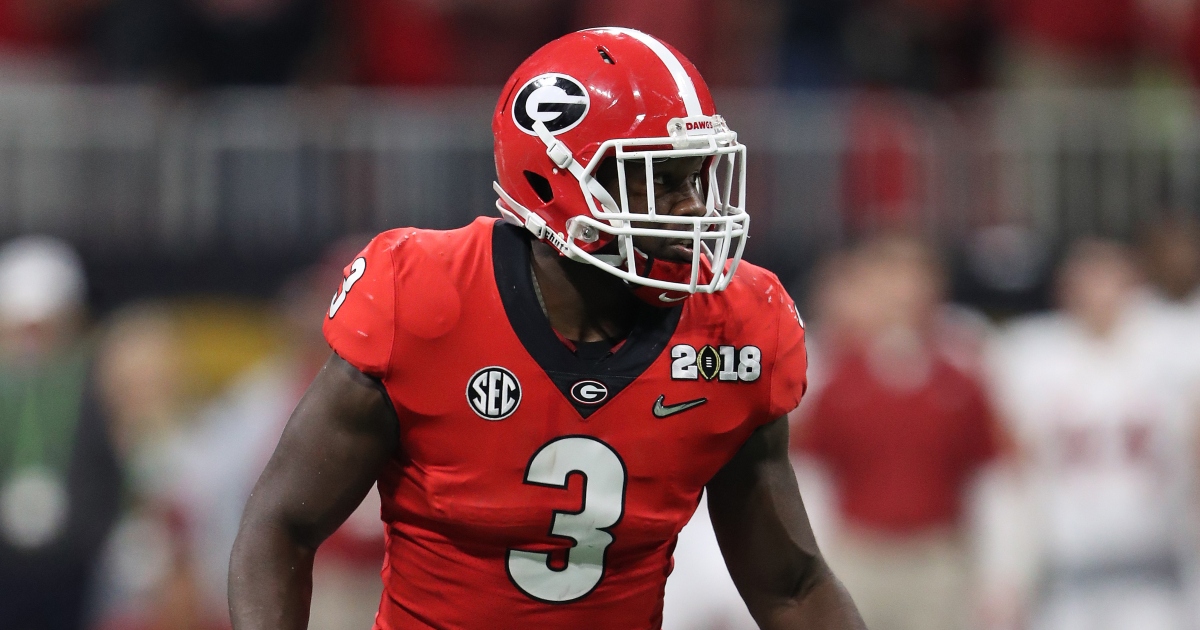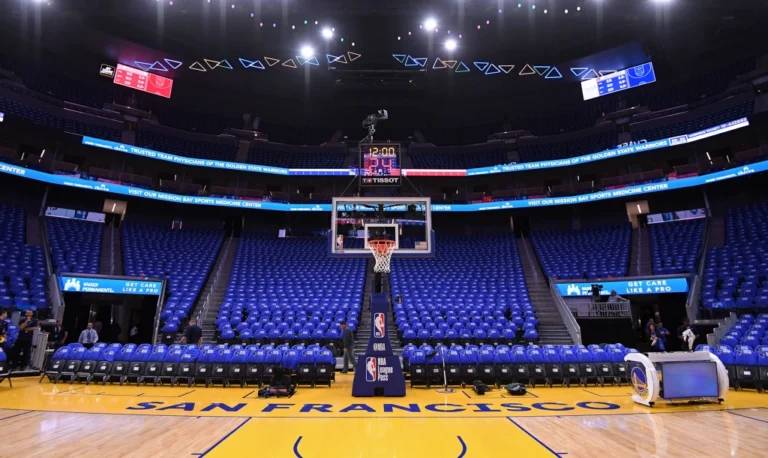Roquan Smith Opens Up on Why He Never Signed a Letter of Intent with Georgia Bulldogs, Shedding Light on His Unique Recruiting Journey
Roquan Smith, one of the most talented linebackers to come through Georgia’s program in recent years, has shared insight into a lesser-known aspect of his recruitment: why he never officially signed a National Letter of Intent (NLI) with the Georgia Bulldogs. This revelation provides a rare glimpse into the complex and sometimes unconventional paths that elite athletes take on their journey to college football stardom. Smith’s story highlights how flexibility, timing, and trust between player and program can shape recruiting decisions in ways that defy traditional expectations.
Smith’s rise from a promising high school prospect to an NFL standout has been well documented, but the details of his recruitment and commitment to Georgia have remained somewhat behind the scenes until now. Traditionally, signing an NLI is the definitive step that formalizes a student-athlete’s commitment to a university, binding them to the program for at least one academic year. However, Smith’s case illustrates that not all commitments follow the same path, and in certain situations, players and schools may choose alternative routes that better suit their individual circumstances.
In interviews reflecting on his recruitment, Smith explained that his decision to forego signing the letter was based on a combination of timing, circumstances, and the strong relationship he developed with the Georgia coaching staff. Despite not signing the official paperwork, Smith committed verbally and mentally to the Bulldogs early on. The trust between Smith and the program allowed him to feel confident in his decision without the formalities that typically accompany a signed letter. This arrangement was unusual but underscored the mutual respect and clear communication that existed throughout the recruiting process.
Smith’s choice to bypass the NLI also reflected his desire for flexibility amid the uncertainty surrounding college football’s recruiting landscape at the time. The recruiting calendar, NCAA rules, and even external factors such as coaching changes or family considerations can all influence when and how a player chooses to formalize their commitment. Smith noted that he wanted to ensure he was making the best possible decision for his future, and having an open dialogue with Georgia’s staff allowed him to weigh his options carefully. The Bulldogs’ willingness to accommodate this approach speaks to the program’s confidence in their ability to secure top talent without relying solely on procedural formalities.
Despite not signing an NLI, Smith’s integration into the Georgia football program was seamless once he arrived on campus. He quickly became a key contributor on defense, demonstrating the high level of talent and work ethic that made him one of the top linebackers in the nation. His impact on the field helped Georgia solidify its reputation for producing NFL-caliber defensive players. Coaches and teammates alike have praised Smith’s leadership, football IQ, and relentless effort, traits that were evident from his earliest days with the Bulldogs.
Smith’s story also sheds light on the broader realities of college football recruiting, where each player’s path is unique. While the NLI remains an important tool for schools and athletes to formalize commitments, it is not the only way to build trust and secure a future with a program. Smith’s experience illustrates how communication, personal relationships, and mutual understanding can be just as critical. This case may encourage programs to consider more personalized approaches to recruiting, especially when working with elite prospects who value flexibility and a collaborative relationship.
The Georgia Bulldogs have long been recognized for their ability to develop linebackers who excel at the next level. Smith’s success at Georgia and in the NFL stands as a testament to the program’s strength in this area. His recruitment story adds an interesting chapter to the Bulldogs’ history, showing how sometimes unconventional paths lead to outstanding outcomes. By sharing his perspective, Smith has given fans and aspiring athletes valuable insight into the nuances of recruiting and commitment decisions.
Moreover, Smith’s decision not to sign the NLI did not hinder his trajectory. Instead, it exemplified a thoughtful approach to making a life-changing decision under complex conditions. For Smith, the priority was ensuring that he was fully comfortable and committed to the program in a way that aligned with his personal and athletic goals. His subsequent achievements on and off the field demonstrate that the absence of a signed letter did not diminish his dedication or impact.
As Smith continues his professional career, his reflections on his recruiting experience offer lessons for players, coaches, and fans alike. It highlights the importance of trust and communication in the recruitment process and challenges the assumption that formalities such as the NLI are the only markers of commitment. In an era where college football recruiting is more competitive and complex than ever, Smith’s story serves as a reminder that relationships and individual circumstances matter deeply.
Looking ahead, the Georgia Bulldogs will undoubtedly continue to attract top-tier talent by combining strong coaching, player development, and a supportive culture. Smith’s unique recruiting experience reinforces that flexibility and personalized engagement can be valuable components of a successful recruiting strategy. His success story remains an inspiration for young athletes navigating their own paths to collegiate and professional football.
In summary, Roquan Smith’s revelation about never signing a National Letter of Intent with Georgia opens an important dialogue about the diversity of recruiting journeys in college football. His trust-based commitment to the Bulldogs, despite foregoing traditional formalities, highlights the strength of the relationship between player and program. Smith’s impressive career, marked by leadership and performance, underscores that dedication and mutual respect often transcend paperwork. As Georgia continues to build on its legacy of excellence, Smith’s story will be remembered as a unique and insightful chapter in the program’s recruiting history.



